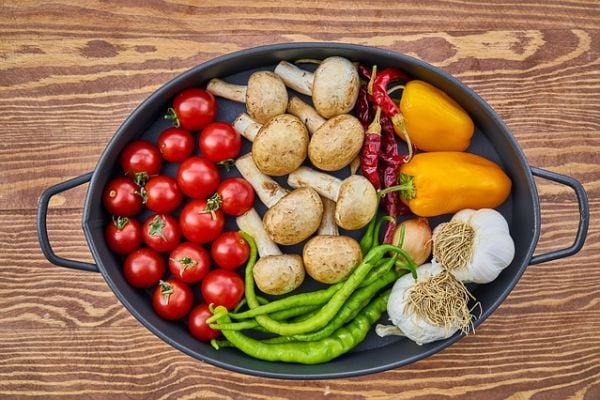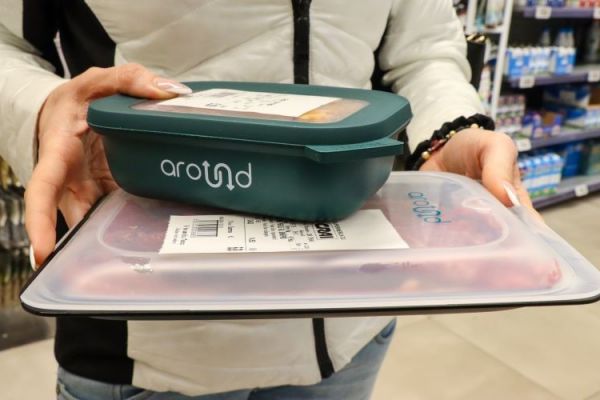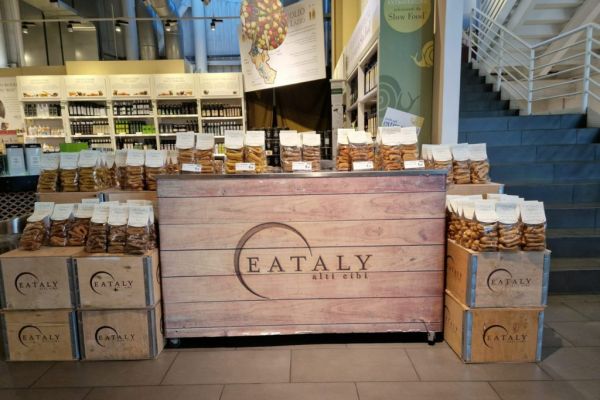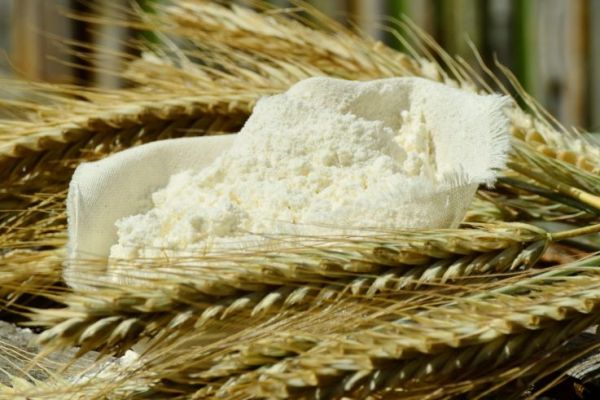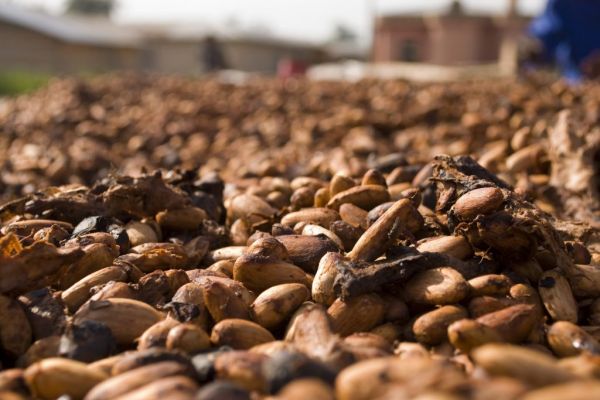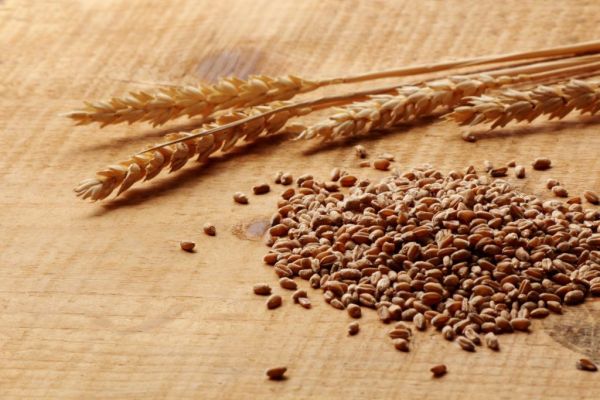Italy's Senate has approved a law to introduce an organic brand to bring all organic products made with raw materials entirely grown or bred in Italy under one umbrella.
Featuring the message 'Italian organic', the brand will ensure maximum transparency about the origin and supply chain of products and protect against counterfeits and imitations.
The law, which has been sent to the House of Representatives for final approval, also foresees the use of digital platforms to ensure the propagation of detailed information on the origin, quality and traceability of products.
The law also includes provisions to revise the system of controls and sanctions to make it more effective against fraud.
Demand For Organic Goods
According to WWF Italia, the large-scale retail trade drives the sale of organic products, which has registered a 19.6% year-on-year growth, with peaks in discount stores (+23.7%) and small neighbourhood supermarkets (+26.2%).
Speciality stores saw organic goods sales grow by 3.2%, while online purchases of organic products now account for 12.5% of total sales.
More than 22 million Italian families purchased an organic product at least once during 2020, generating a total turnover of €3.3 billion, according to farmers lobby organization Coldiretti based on Ismea data.
Although organic products account for only 4% of food consumption, its demand is continuously increasing.
The Bio Bank 2020 report indicates that Italy's total organic market reached €6.9 billion in 2020, based on Nomisma data for Osservatorio Sana, with the domestic market, worth €4.3 billion, more than doubling in ten years (+118%).
Growth Drivers
The large-scale distribution sector contributed to this growth (+279%), with sales over €2 billion, while all other distribution channels saw 58% growth in sales to €2.3 billion.
In the past five years, the number of e-commerce food sites grew by 41.6% to around 405, while the number of organic stores dropped by 4% to 1,339, as a result of competition from large retailers and M&A operations.
© 2021 European Supermarket Magazine – your source for the latest retail news. Article by Branislav Pekic. Click subscribe to sign up to ESM: The European Supermarket Magazine.
